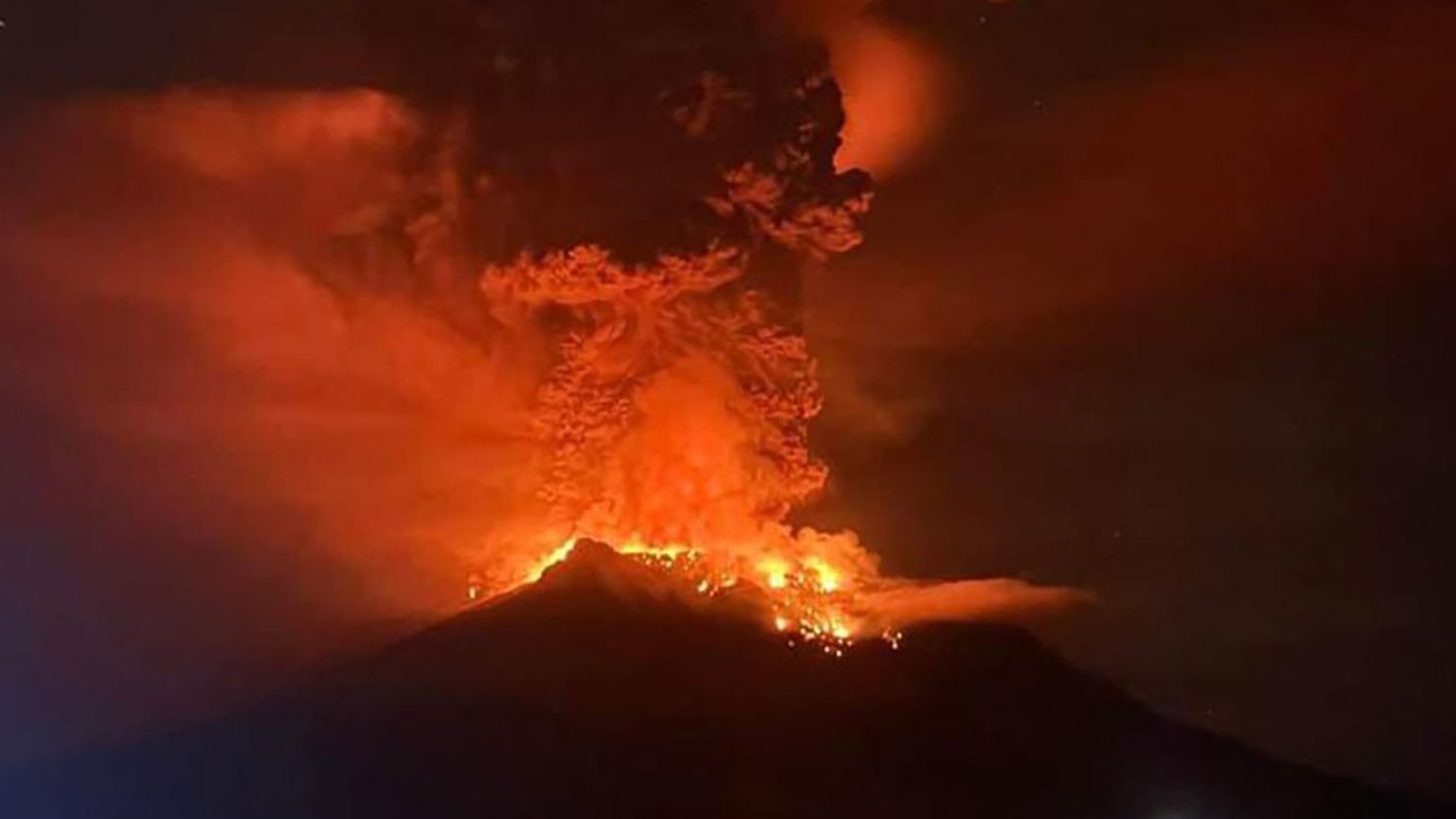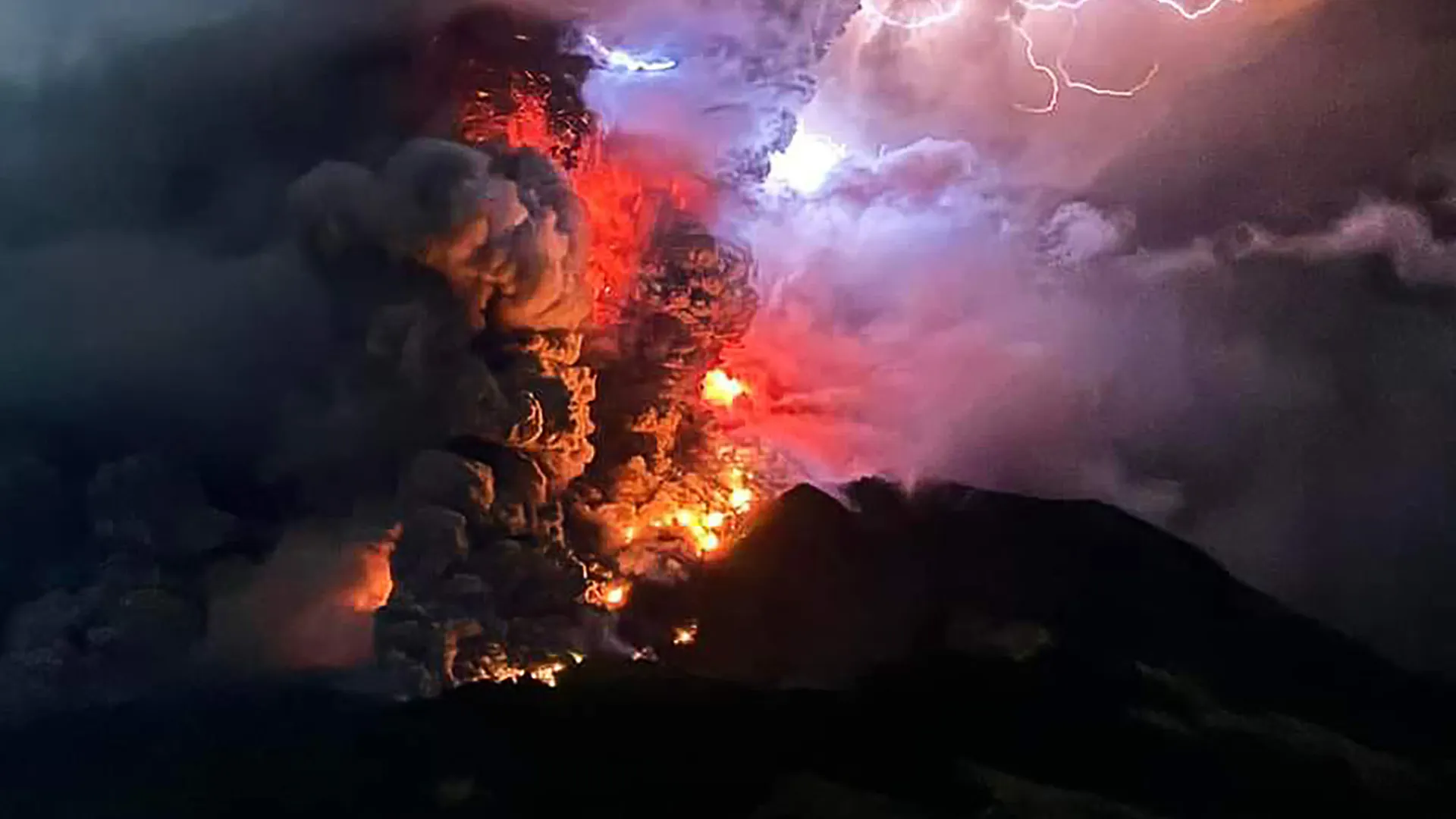
Do Volcanic Eruptions In Indonesia Disrupt People’s Daily Lives?
Known for its breathtaking scenery and dynamic customs, Indonesia is also the birthplace of some of the most active volcanoes on the planet. Although these volcanic formations add to the natural beauty of the nation, they also provide serious difficulties for its citizens’ day-to-day existence. Let’s explore the intricacies of how Indonesian volcanic eruptions affect people’s daily lives and routines.
Removal & Evacuations
The necessity of evacuating and relocating neighboring settlements is among the most significant and immediate effects of volcanic eruptions. In order to protect the safety of locals, authorities frequently issue evacuation orders when volcanoes exhibit symptoms of increased activity or impending eruption. Family life may be disrupted by these evacuations, which compel them to flee their homes, possessions, and means of subsistence in quest of safer ground. Evacuations can be stressful due to the uncertainty and disruption they generate, which can worsen mental and emotional health in an already difficult circumstance.
Disturbances in Agriculture
The rich volcanic soil of Indonesia is perfect for farming and supports important products including rice, coffee, and spices. On the other hand, agricultural populations can suffer greatly from volcanic eruptions, which can ruin crops, contaminate water supplies, and interfere with conventional farming methods. Eruption-related ashfall can suffocate fields, leaving them unusable for farming and destroying crop quality. In addition, the loss of infrastructure and livestock exacerbates the difficulties farmers have, resulting in food shortages and unstable economies in the impacted areas.
Interruptions in Transportation
Significant disruptions to regional trade and travel can result from volcanic eruptions’ effects on transportation systems. Volcanic ash clouds can be dangerous for airplanes, causing cancellations and reroutes of flights to avoid any dangers. Ash buildup, debris flows, as well as lava flows can render roads and highways unusable on the ground, impeding the passage of people and commodities. Wide-ranging effects include tourism, supply chains and local economic activity when transportation networks are disrupted.
Health Issues
Communities close to volcanic eruptions are seriously at risk for health problems due to the ash and poisonous gasses produced. Ash’s fine particles can irritate the skin, eyes, and respiratory system, making pre-existing medical disorders worse and causing breathing issues. In addition, breathing in volcanic gases like sulfur dioxide can lead to headaches, nausea, and respiratory problems. Children plus the elderly as well as the people with pre-existing medical disorders are among the vulnerable groups that are most vulnerable. The relevance of people’s health measures as well as monitoring in places affected by volcanic eruptions is highlighted by the long-term health effects of exposure to volcanic emissions.
Economic Repercussions
Beyond the short-term disturbances to daily life, volcanic eruptions have long-term effects on the lives and economic stability of the impacted regions. Reduced damaged infrastructure, visitor numbers and broken supply chains can all hurt the tourism, agricultural, and transportation industries. Furthermore, the expenses associated with emergency responses as well as the recovery operations may put a pressure on regional and national budgets, taking funds away from other vital services and development initiatives. Coordination is necessary for long-term based economic recoveries from the volcanic eruptions in order to diversify local economies, help impacted communities, and rehabilitate infrastructure.
Finally
The Volcanic eruptions on Indonesia have a significant and varied effect on people’s daily life. Volcanic activity poses a variety of difficulties for impacted areas, including evacuations and forced relocation, disruptions to agriculture, transportation issues, health risks, and economic effects. A comprehensive strategy that incorporates emergency response, risk mitigation, catastrophe preparedness, and long-term recovery initiatives is needed to address these issues. We can lessen the effects of volcanic eruptions and increase our ability to withstand natural hazards by being aware of the difficulties of living in the volcanically affected places and providing support to the affected communities.
